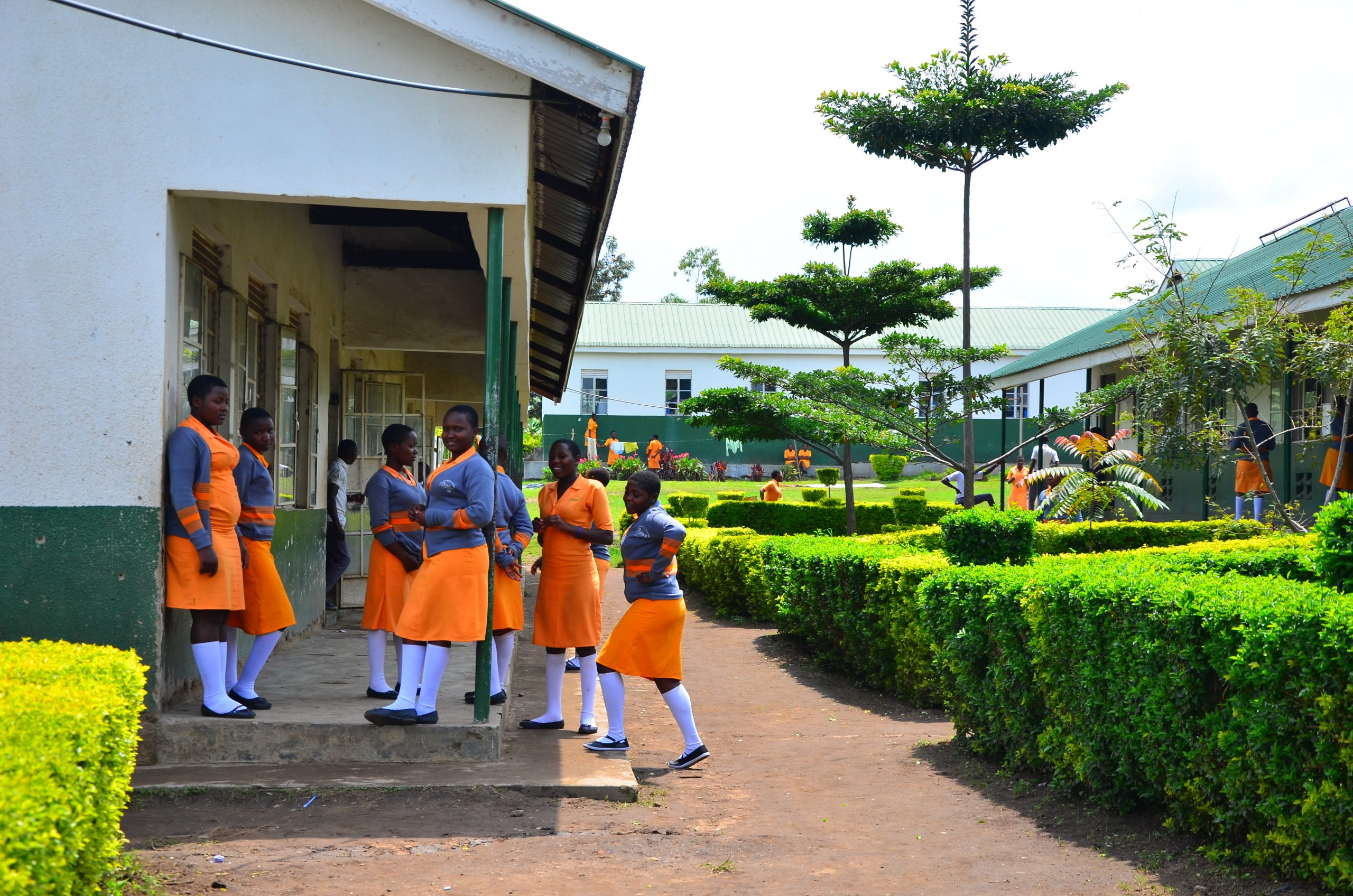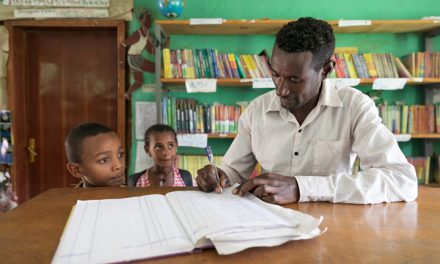This blog was written by the Global Schools Forum, a community of education entrepreneurs who are running and supporting innovative and inclusive schools in under-served markets. It was originally published on the Medium website on 25 March 2019.

Children from Collaborative Schools, an organisation working in partnership with the Government to deliver education to Nepal’s poorest children
The 21st of March saw the release of the Abidjan Principles on the human rights obligations of States to provide public education and to regulate private involvement in education. The Abidjan Principles set out to do what it says on the tin — namely, to clarify the legal obligations of governments, and international organisations, in the financing and provision of education and the regulation of private actors. Human rights experts, with the support of civil society organisations and others, have put these principles together over the last three years.
Global Schools Forum has followed this process as closely as possible. We are a membership organisation, currently supporting over 40 school operators collectively educating close to two million children across Africa, South Asia and Latin America. We work to secure the rights of children to quality education. In line with human rights law and international agreements, we believe that government should be the guarantor, but not necessarily the sole provider, of education. We believe firmly in the importance of effective government regulation of state and non-state actors.
Many of our members are operating in places where government services are not reaching, and often serving poorer communities than government schools. In some cases, they are achieving better learning outcomes at lower or equivalent costs. In some cases, they are not — which is why we believe in stronger accountability mechanisms. We work on the basis not that private is better than public, but that the non-state sector can complement and support government provision of basic education — when, and only when, it is invited to do so — and also bring new ideas, funding and energy to the sector.
We engaged in the Consultation process for the Abidjan Principles, and were grateful to the Secretariat supporting the process for receiving our written submission and discussing the legal advice that we had commissioned. We were concerned, inter alia, that the draft ‘Guiding Principles’ went well beyond human rights law and international agreements, even after three years of expert drafting, e.g. “Para 56. States must not fund or support, directly or indirectly, any private educational operator that…is commercially-orientated or for-profit”. This statement neither had, nor has, any basis in international law, and we are pleased to see that it has been removed from the final document.
We have reviewed the Abidjan Principles now that they have been released. While we welcome the intention to highlight the human rights obligations of governments and international organisations, we continue to have two core concerns.
First, the principles still go well beyond international human rights law: of most concern is the implication that states must provide education through the public system (Principle 2) and the insistence that public funding to private education institutions is a time-bound measure only (Para 65.a). A closer look at what it says on the tin — Abidjan Principles on the human rights obligations of States to provide public education and to regulate private involvement in education [emphasis added] — reveals the normative proposition of the Principles (public sector delivery only) that is supported nowhere in human rights law nor in international agreements. Governments should determine the best way to provide education — whether public, private or a combination of both — as long as this complies with human rights standards and principles and can be effectively monitored and regulated.
Second, the principles create huge obligations and compliance requirements for both governments and non-state operators, in areas that we believe are best left to governments to decide: e.g. insisting that any public funding of private institutions must be subject to ex-ante, on-going and ex-post human rights impact assessments (Para 69); insisting on the same terms of employment in the private sector as in the public sector. Again, we believe these decisions are best left to sovereign governments.
Therefore, while we welcome the endeavour and the openness of the Secretariat to receive diverse views during the Consultation process, we remain hopeful that the application of the Abidjan Principles will recognise the contribution of non-state providers to children’s right to education. Global Schools Forum is eager to foster collaborations with stakeholders interested in supporting the improvement in delivery of quality education for all children, including those attending non-state schools.
More information
In February 2019, the Abidjan Principles were adopted in a meeting of leading human rights experts from around the world, gathered in Côte d’Ivoire, following a three-year participatory consultation and drafting process. These Guiding Principles lay out the human rights obligations of States to provide public education and to regulate private involvement in education. You can read all about them on the website: www.abidjanprinciples.org .
These Abidjan Principles promise to be the definitive new reference point for governments and other actors when defining the respective roles and duties of states and private actors in education. They compile and unpack existing legal obligations that States have regarding the delivery of education, and in particular the role and limitations of private actors in the provision of education. They provide more details about what international human rights law means by drawing from other sources of law and existing authoritative interpretations.
For a short video introduction, see the following two videos by David Archer, Head of Public Services, ActionAid International and Chair of the Board, Right to Education Initiative:
- What are the Abidjan principles (2.37 minutes)
- How will you use the Abidjan Principles (including by ActionAid, the Global Partnership for Education and the Global Campaign for Education (5.21 minutes)





